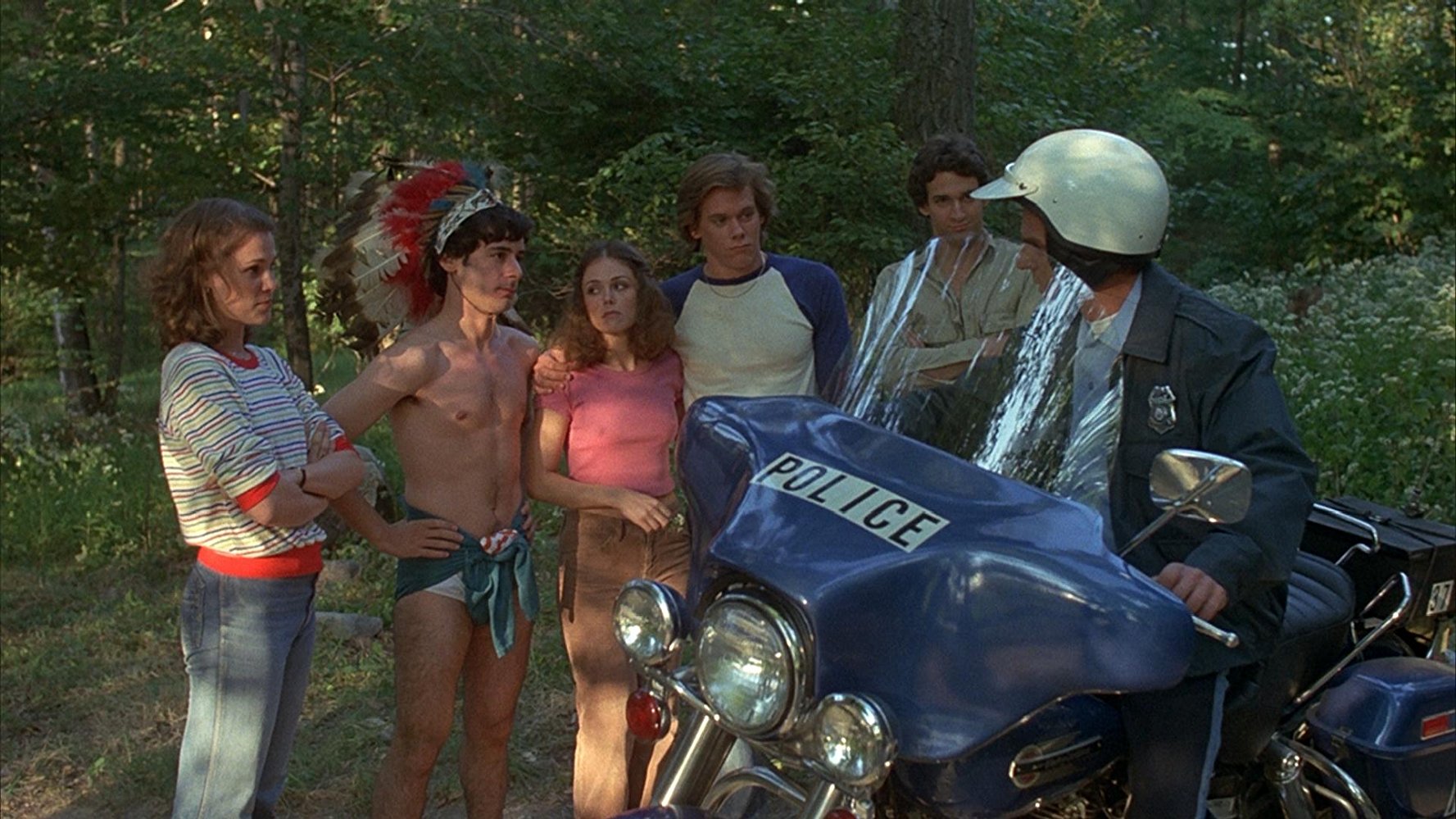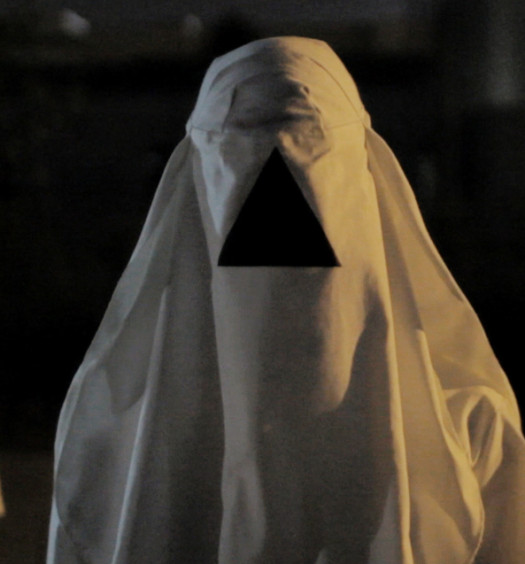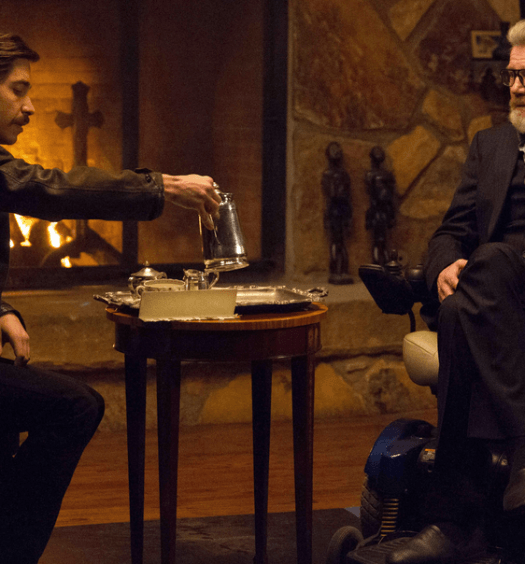As the owner of the Friday the 13th screenplay, Miller is now free to sell film production rights to another buyer, or produce his own film. After all, the 2009 remake was a financial success, earning over $90M at the global box office. So is it that simple? Not quite. Transfer termination is a feature somewhat unique to US law, which means Cunningham continues to own rights overseas. Thus, while Miller could produce a new Friday the 13th film here in the US, Cunningham can still prevent overseas distribution.
Other important elements expressly not addressed in Underhill’s decision are the rights to the franchise title (which is most likely a trademark owned by one of Cunningham’s companies) and the rights to Jason Voorhees as he is portrayed in the sequels.

Miller is now free to sell film production rights to another buyer, or produce his own film.
Nevertheless, while Miller may not hold all the cards, he holds enough to leverage profitably. Though pundits scoff at the notion that Miller could obtain funding for a horror film with no world-wide distribution rights, the 2009 remake earned over two-thirds of its box office total in the US. In addition, filmmaker Vincente DiSanti proved that it’s possible to make a stellar looking film with nothing more than a camera and a box of Triscuits. Worldwide rights or no, who would be shocked if the pairing of DiSanti and Victor Miller couldn’t attract twenty times the budget of Never Hike Alone.































